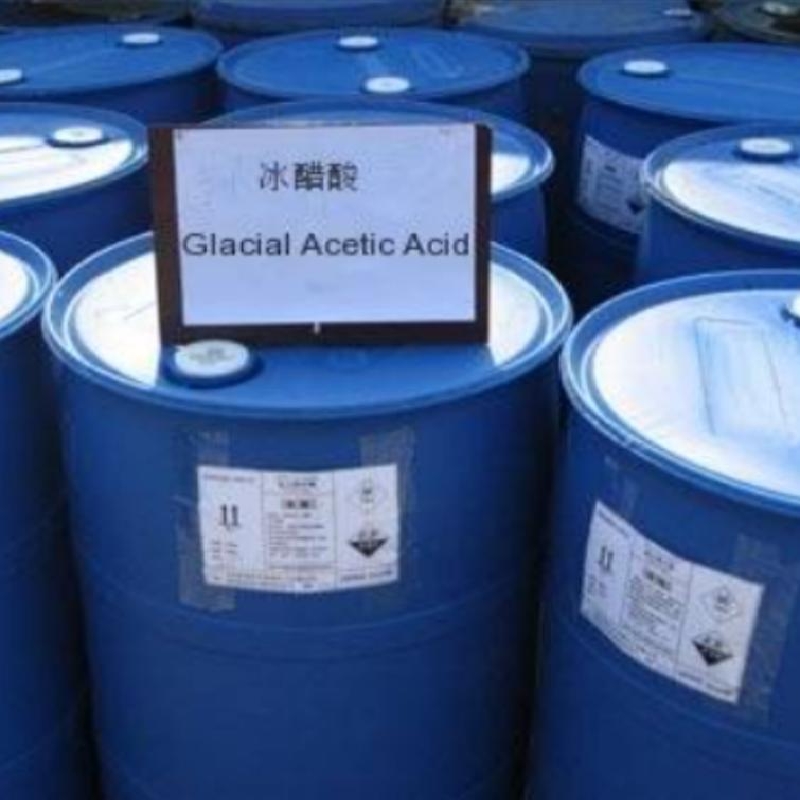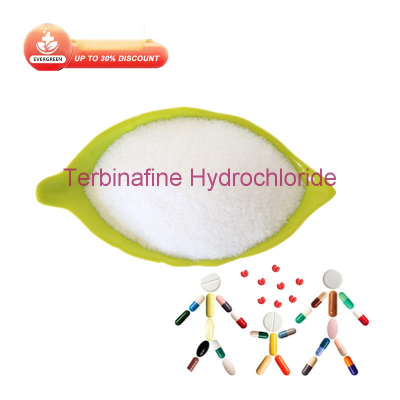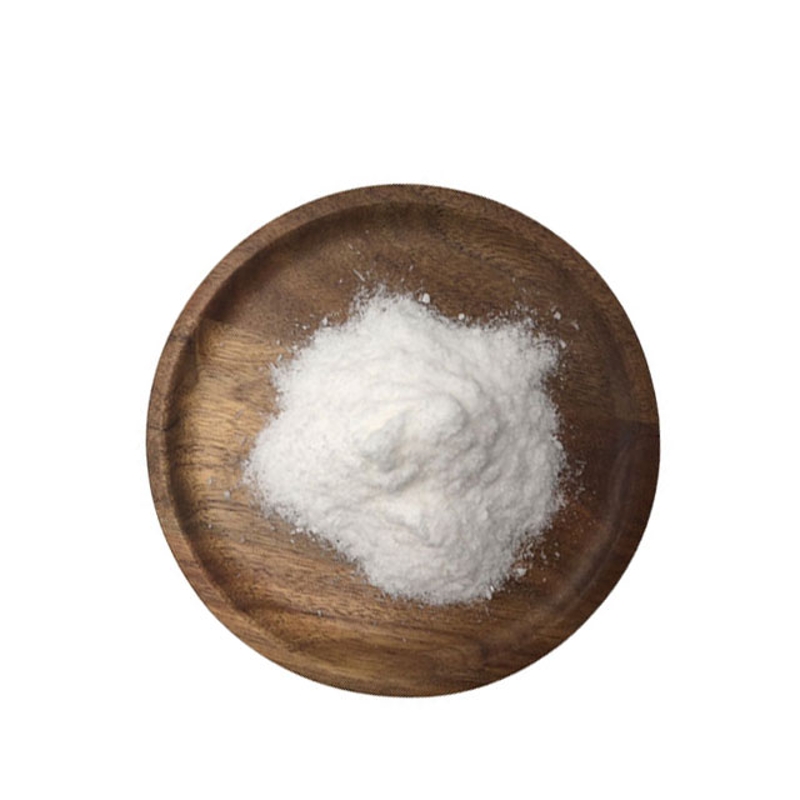-
Categories
-
Pharmaceutical Intermediates
-
Active Pharmaceutical Ingredients
-
Food Additives
- Industrial Coatings
- Agrochemicals
- Dyes and Pigments
- Surfactant
- Flavors and Fragrances
- Chemical Reagents
- Catalyst and Auxiliary
- Natural Products
- Inorganic Chemistry
-
Organic Chemistry
-
Biochemical Engineering
- Analytical Chemistry
- Cosmetic Ingredient
-
Pharmaceutical Intermediates
Promotion
ECHEMI Mall
Wholesale
Weekly Price
Exhibition
News
-
Trade Service
Severe Acute Respiratory Syndrome Coronavirus 2 (SARS-CoV-2) occurs after exposure to SARS-CoV-2, 2019 coronavirus disease (Covid-19).
for contacts, care is for observation and isolation.
exposure to SARS-CoV-2, it is not clear whether hydroxychloroquine can prevent a symptomatic infection.
, a study published recently in THE leading medical journal NEJM, researchers conducted a randomized, double-blind, placebo-controlled trial in parts of the United States and Canada that evaluated hydroxychloroquine as a means of post-exposure prophylaxis.
researchers recruited adults who had family or professional contact with confirmed Covid-19 patients within a distance of less than 6 feet, with neither a mask nor an eye mask (high-risk exposure), or a mask, but no eye mask (moderate risk exposure).
within 4 days of exposure, the researchers randomly assigned participants to take a placebo or hydroxychloroquine (800 mg at a time, then 600 mg for 6 to 8 hours, then 600 mg per day for 4 consecutive days).
the main outcome of the study was the incidence of covid-19 or Covid-19-related diseases that were laboratory confirmed within 14 days.
researchers recruited 821 asymptomatic participants.
overall, 87.6 percent of the participants (719 out of 821) reported high-risk exposure to Covid-19 patients. there was no significant difference in the incidence of new diseases associated with Covid-19 in the participants who
hydroxyl chloroquine (414 out of 49 (11.8%)) and those who received placebos (58 of 407 (14.3%)). the absolute difference of
is -2.4 percentage points (95% confidence interval is -7.0 to 2.2; P is 0.35).
hydroxychloroquine side effects were more common than placebos (40.1% vs. 16.8%), but no serious adverse reactions were reported.
thus, hydroxychloroquine does not prevent Covid-19-related diseases or prevent infection after Exposure to Covid-19 high or moderate risk.
.







